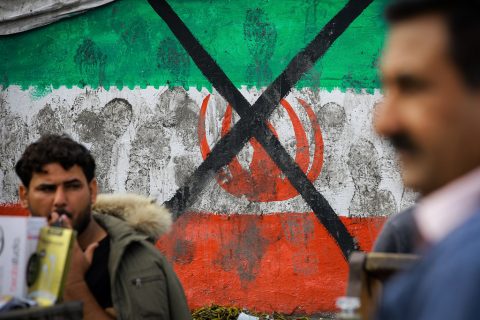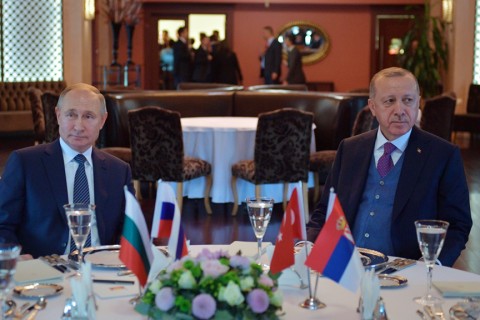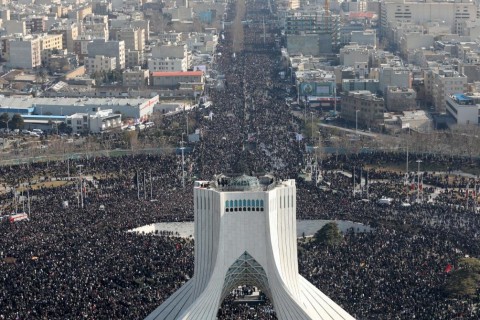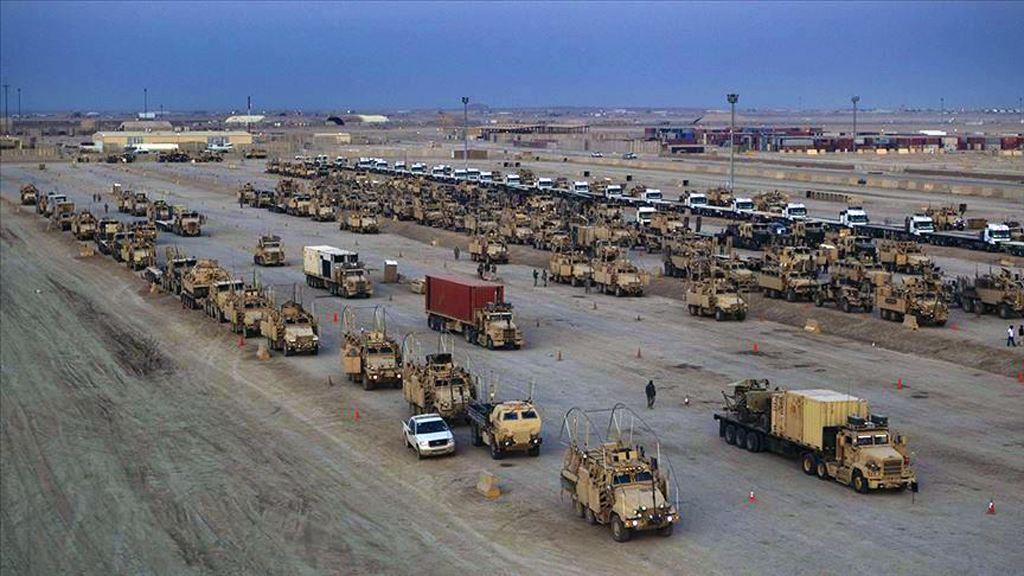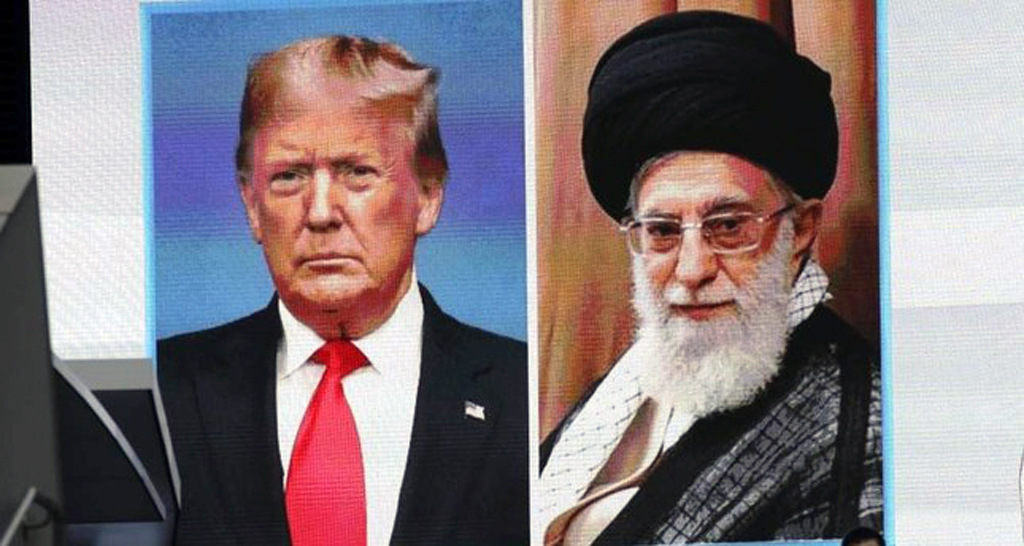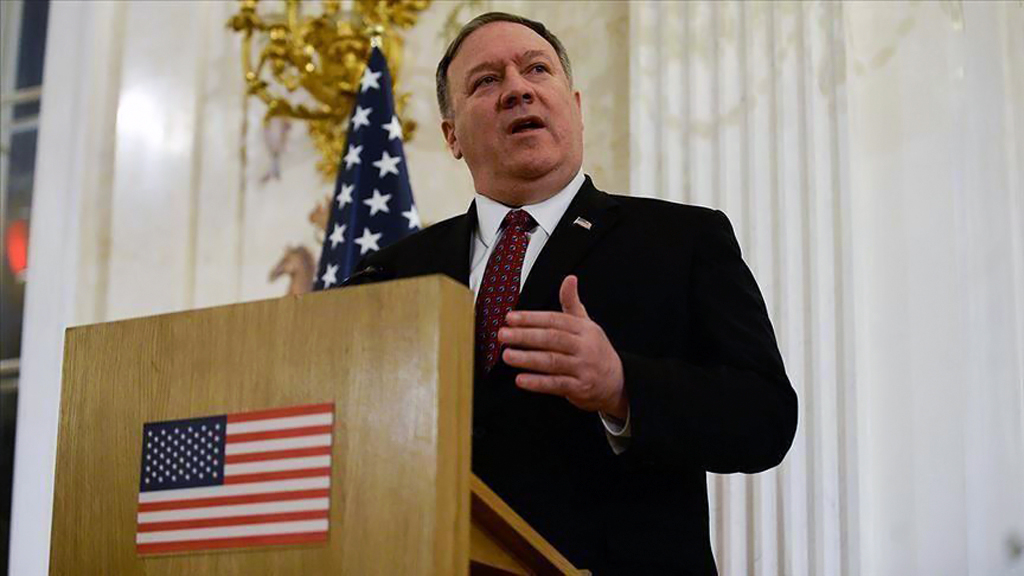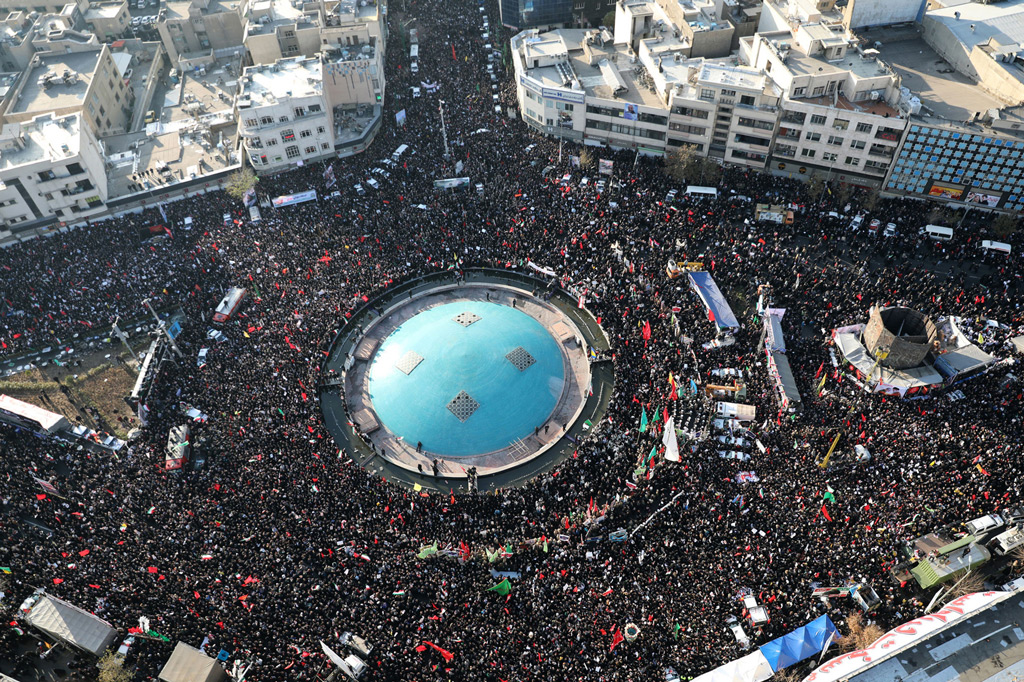Qasem Soleimani
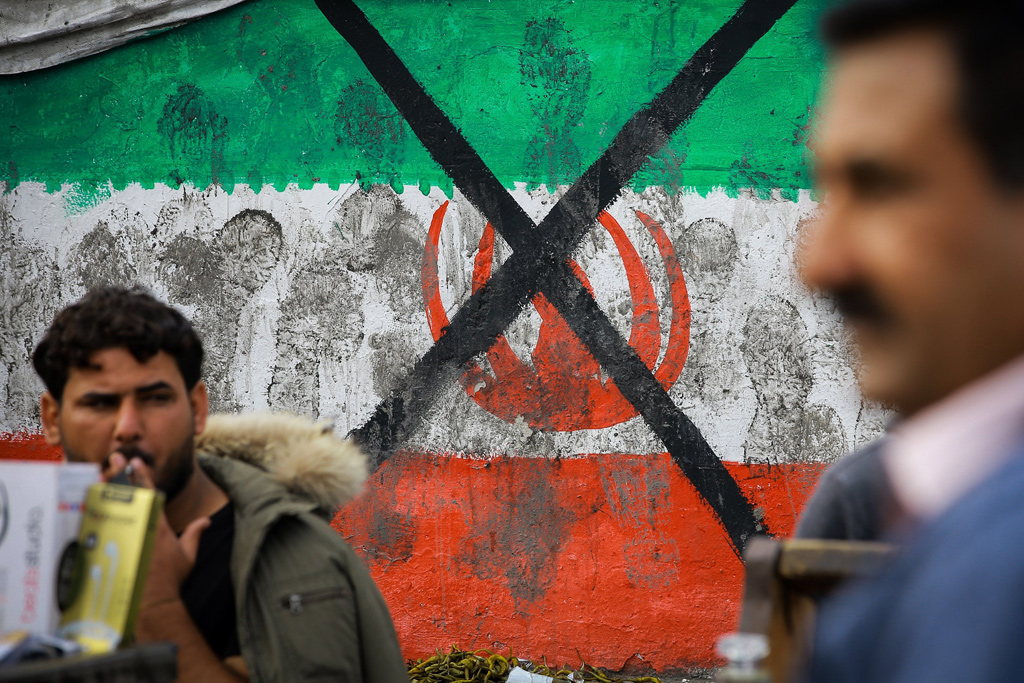
Turkey-Iran relations and their presence in Iraq
| OpinionIranian foreign policy orientation is defined by three complementary contexts, namely national, Shiite and Islamic. …
-
Opinion
Turkey-Iran relations and their presence in Iraq
By Muhittin AtamanIranian foreign policy orientation is defined by three complementary contexts, namely national, Shiite and Islamic. Naturally, as a nation-state, the national level thinking determines the main orientation However, the sectarian context has been competing with the national one as the dominant political discourse in Iranian foreign policy orientation.
-
Opinion
Libya, Idlib and the Turkey-Russia partnership
By Burhanettin DuranWith tensions between Iran and the United States de-escalating for now, there is talk about cease-fire agreements in Libya and Idlib.
-
Opinion
The new reality in the Middle East
By Burhanettin DuranSome people believe that Tehran's response to the Qassem Soleimani assassination resulted in an easing of tensions between the United States and Iran. They argue that the Iranians, intimidated, landed on a symbolic act of retaliation – which they proceeded to portray as vengeance on the home front.
Bu Konuda Daha Fazla
-
Trump wants to renegotiate with Iran, not engage in...
By Talha KöseThe targeted killing of Qassem Soleimani, the commander of Iran's Quds Force, an elite unit of the Islamic Revolutionary Guard Corps (IRGC), and the deputy chief of Hashd al-Shaabi forces in Iraq, Abu Mahdi al-Muhandisi, is a game-changer for Middle Eastern politics. Immediately after the attack that killed Soleimani, Iranian leadership threatened the U.S. and its allies in the region. Iran fired missiles at two American bases in Iraq in retaliation to the assassination of Soleimani. No casualties were declared in Iran's retaliatory attacks. Leaders of both countries escalated the tension, but they were careful not to let the crisis get out of control.
-
Despite Trump’s policy of deterrence, Iran could still win...
By Burhanettin DuranTrump's Iran policy completely differs from the former U.S. administration's as it contains the possibility of both winning or losing in the region
-
Pompeo driving force behind Soleimani strike: expert
By SETATop US diplomat has inserted himself into US chain of command, independent analyst Mark Perry tells Anadolu Agency
-
The Soleimani assassination and Iran’s potential response
By Burhanettin DuranSince the killing of Quds Force commander Qassem Soleimani and senior Hashd al-Shaabi leader Abu Mahdi al-Muhandis in a U.S. strike at Baghdad airport, the power struggle between the United States and Iran in Iraq has transformed into a hot conflict. Washington's latest move has the potential to irreversibly up the ante in the long-standing hostilities between the two nations.
-
The changer of all games: The killing of Qasem...
By Kılıç Buğra KanatThe killing of Qasem Soleimani and his close associates in an American airstrike in Baghdad Thursday night was without question one of the most significant developments in the Middle East over the last several years – significant in terms of the profile of its target as well as the unexpectedness of such an attack.
